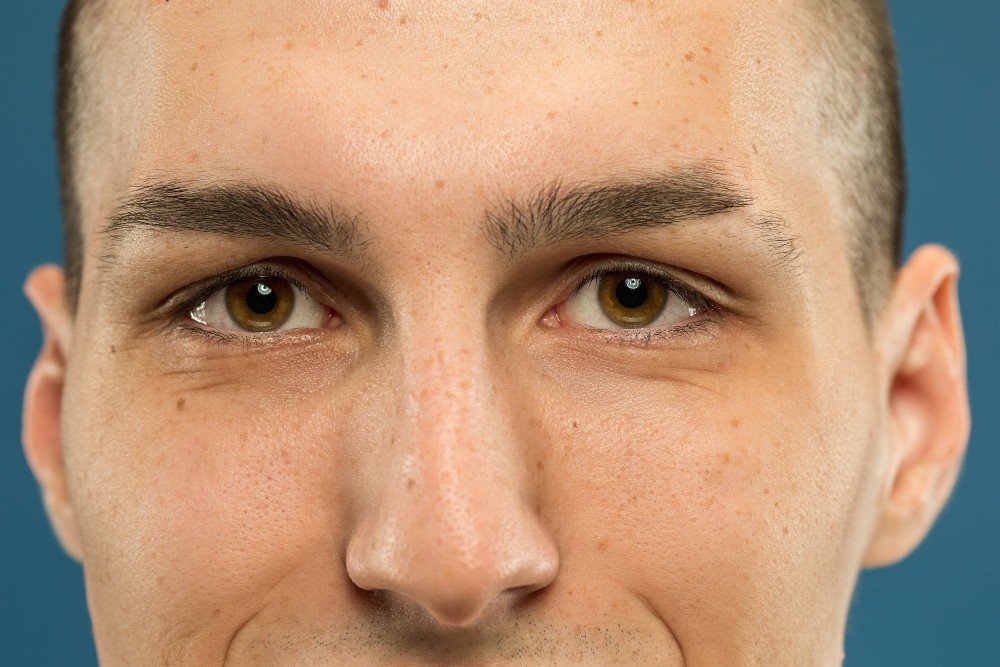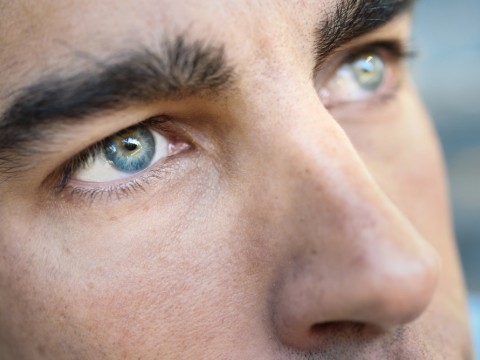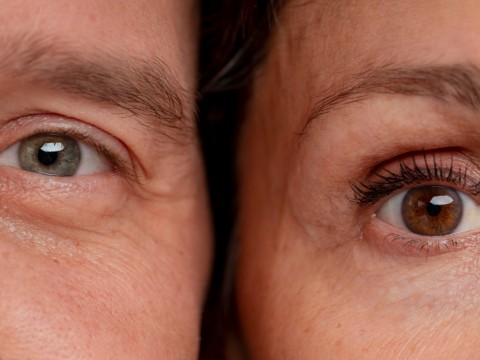Quote of Dünyagöz
Keratoplasty, also known as corneal transplant surgery, is a procedure where a damaged or diseased cornea is replaced with a healthy donor cornea. The surgery aims to restore clear vision and alleviate issues such as corneal scarring, thinning, or distortion. During the surgery, the surgeon removes a portion or the entire cornea and replaces it with a donor cornea, which is carefully matched to the recipient's eye. Keratoplasty is often used to treat conditions like keratoconus, corneal infections, or corneal injuries. The success of the surgery depends on various factors, including the specific condition being treated and the overall health of the patient's eye. Post-operative care is essential for a successful recovery.
- Health Insurance
-
Accommodation
- Online Healthy Life Assistant 9/5
- Post - Experience Follow Up 6 Month
-
Extra Privileges
- Transfer

- Health Insurance
-
Accommodation
- Online Healthy Life Assistant 24/7
- Post - Experience Follow Up 1 Year
-
Extra Privileges
- Pre-Treatment Doctor Consultation
- Transfer

 Private
Private
- Health Insurance
- Healthy Life Butler
- Post - Experience Follow Up 2 Year
- World-Famous Doctor Consultation
-
Extra Privileges
No suitable hotel found for the relevant dates!
* Price varies depending on extra and upgrade selections.
Conditions include keratitis, corneal abrasions, dystrophies, and infections. Additionally, refractive errors such as astigmatism, myopia, and hyperopia can be addressed through corneal treatments.
Yes, non-surgical treatments include medications, eye drops, and specialized contact lenses. These options are often explored before considering surgical interventions.
Procedures such as corneal transplantation (keratoplasty), laser surgeries (PRK, LASIK), and collagen cross-linking are common surgical interventions depending on the specific corneal condition.
Yes, certain corneal treatments, such as LASIK or PRK, are designed to correct refractive errors and reduce or eliminate the need for glasses or contact lenses.
Not everyone may be a suitable candidate for specific treatments. Factors like overall health, age, and the nature of the corneal condition play a role in determining eligibility. Your eye care professional will assess your individual case.




